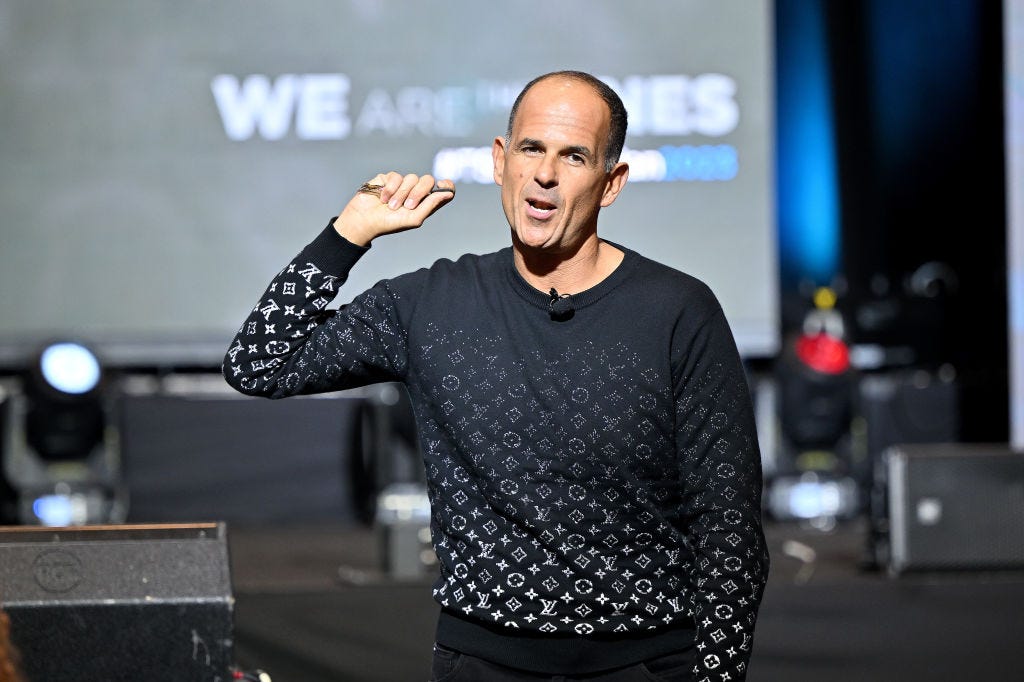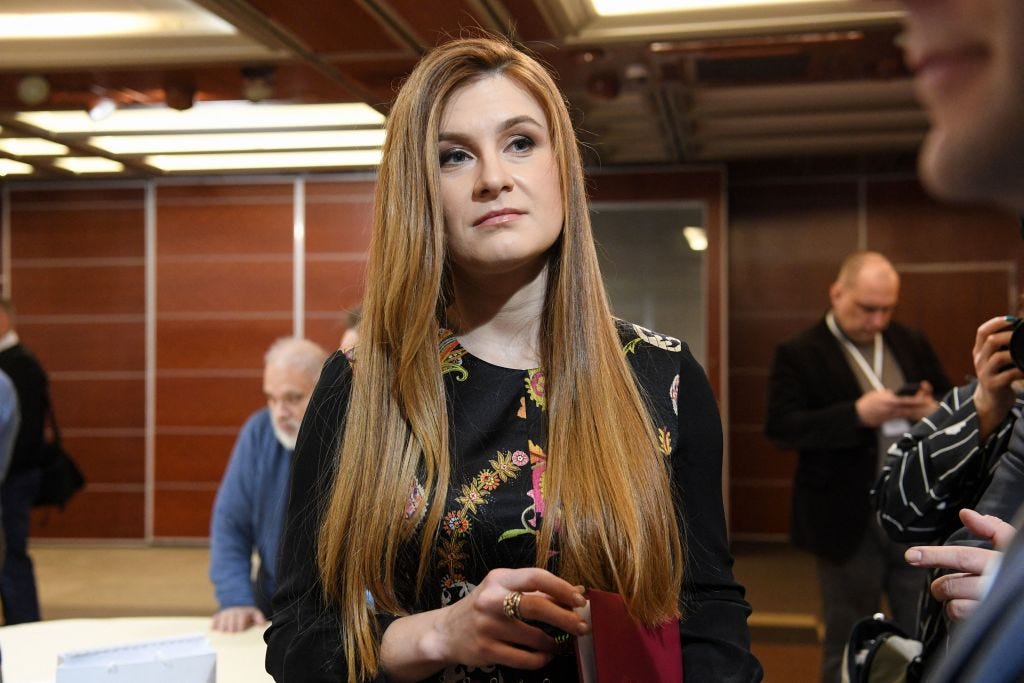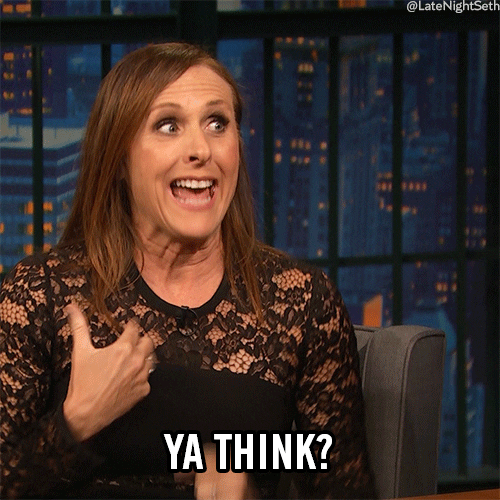💥Beyond Fixing?💥
$BYON gets help. F21 = not forever. Spirit flies free. And more.
Beyond, Inc. ($BYON)(“Beyond”), the Murray, UT-based owner of the Bed Bath & Beyond, Overstock, and buybuy Baby brands, operates an e-commerce platform, selling home goods and clothing from third party manufacturers and suppliers. Generally, Beyond runs an asset-light model, in which goods purchased on its sites ship directly to customers from the suppliers themselves or from Beyond warehouses that hold the suppliers’ owned inventory.
The company, formerly known as Overstock.com, was built by Patrick Byrne and from the remains of bankrupt online flea market, D2: Discount Direct, beginning in ‘99. The original Overstock.com operated an e-commerce platform selling brand-name liquidation merchandise at steep discounts directly to consumers.
Byrne served as CEO for two decades until his abrupt resignation in ‘19; he led the company through the dot-com crash, capitalizing on other dot-coms’ inventory liquidation needs to grow the business. Overstock.com went public in ‘02, and the stock quintupled in its first couple of years as a public company.
After peaking at $68.74/share in December ‘04, the stock began to decline precipitously as the company failed to achieve profitability and losses mounted. To Byrne, though, the drop was driven by short sellers, whom he railed against on quarterly conference calls. Forbes’s Lauren Debter explains the enigma that is Mr. Byrne in her ‘19 piece, “The Exclusive Inside Story Of The Fall Of Overstock’s Mad King, Patrick Byrne”:
“In a now-infamous August 2005 conference call, he ranted about how hedge funds, journalists and regulators were conspiring to push down the company’s stock price under the direction of some faceless menace he called the “Sith Lord.””
Raging against short sellers … super original, guy!
Byrne continued his crusade for years, going so far as to sue short selling hedge funds and 11 major banks in ‘07, and later issuing a crypto-dividend explicitly designed to cause a short squeeze in ‘20. All the while, the stock more or less muddled along.
The company first turned a profit in ‘09. From there, Overstock grew its revenue and was modestly profitable every year to ‘16, with the exception of ‘11, the year they tried to rebrand to “O.co” causing confusion among customers new and old.
Byrne also launched a number of additional lines of online business — some of which were explicitly not intended to be profitable — including an auction service, a car and real estate listings service, a travel company, a pet adoptions business, and a … it bears repeating … online … wait for it … farmers market. None of these brilliant ideas became meaningful contributors and have been discontinued.
In ‘14, the company announced its plans to build a $100mm “Peace Coliseum” as its new corporate headquarters in Midvale, UT, a half-hour south of Salt Lake City.
“Overstock officials have said that from the ground level, the building will look like a corporate glass-and-concrete version of the Roman Coliseum, but from the air, the three-story building will appear as a peace sign.

Around the same time, Byrne began to embrace blockchain and cryptocurrencies. In January ‘14, Overstock.com became the first major retailer to accept bitcoin as payment for purchases made on its website. BTC was less than $450 back then. That same year, the company began holding bitcoin and other cryptocurrencies directly and launched an effort to “develop code for the purposes of facilitating the creation of a decentralized facility for the trading of securities.” That effort would eventually become tZero Technologies, which the company folded under a new subsidiary created to house the company’s crypto initiatives, Medici Ventures.
Overstock under Byrne dove deeper into crypto and expounded upon its crypto goals in its ‘18 10-K:
“Our Medici business initiatives seek to develop and advance the concepts of "Government as a Service" and a "Technology Stack for Civilization" by creating or fostering a set of products and solutions that leverage the transparency and immutability of blockchain technology to generate efficiencies and increase security and control in six areas of civilizational necessity: identity management, property rights and management, central banking and currencies, capital markets, supply chains and commerce, and voting systems.
What? It's not clear exactly how much the company ultimately invested in its crypto initiatives, but it is north of $175mm.
After stagnating for years, the company’s stock shot up again in ‘17 as investors clamored for the crypto exposure Overstock offered. It fell badly after the SEC launched an investigation into tZero in ‘18.
Byrne’s focus on crypto came at the expense of the core retail business. Byrne even went so far as to tell the Wall Street Journal in November ‘18 that Overstock intended to sell the retail business, stating that he expected a deal by February ‘19. This never materialized.
Instead, ‘19 was a tumultuous year in which Byrne abruptly resigned after revealing a romantic relationship with Russian spy, Maria Butina, and disclosed that he had helped the FBI with the “Clinton Investigation” and the “Russian Investigation.”
On August 12, 2019, the Company released one of the oddest press releases we’ve ever seen:

The “Omaha Rabbi” referenced is Warren Buffett … literally everything about this was batsh*t.
Ten days later, Byrne resigned after becoming “far too controversial to serve as CEO.”
So to recap, Patrick Byrne built Overstock.com into an $1b+ online retailer, then used the platform to fund at least $175mm of investments into crypto, built a $100mm peace sign-shaped headquarters in the middle of Utah, and then abruptly resigned after 20 years in August ‘19. Byrne has since written two books about the “deep state” and become a prominent conspiracy theorist.

Keep reading with a 7-day free trial
Subscribe to PETITION to keep reading this post and get 7 days of free access to the full post archives.





